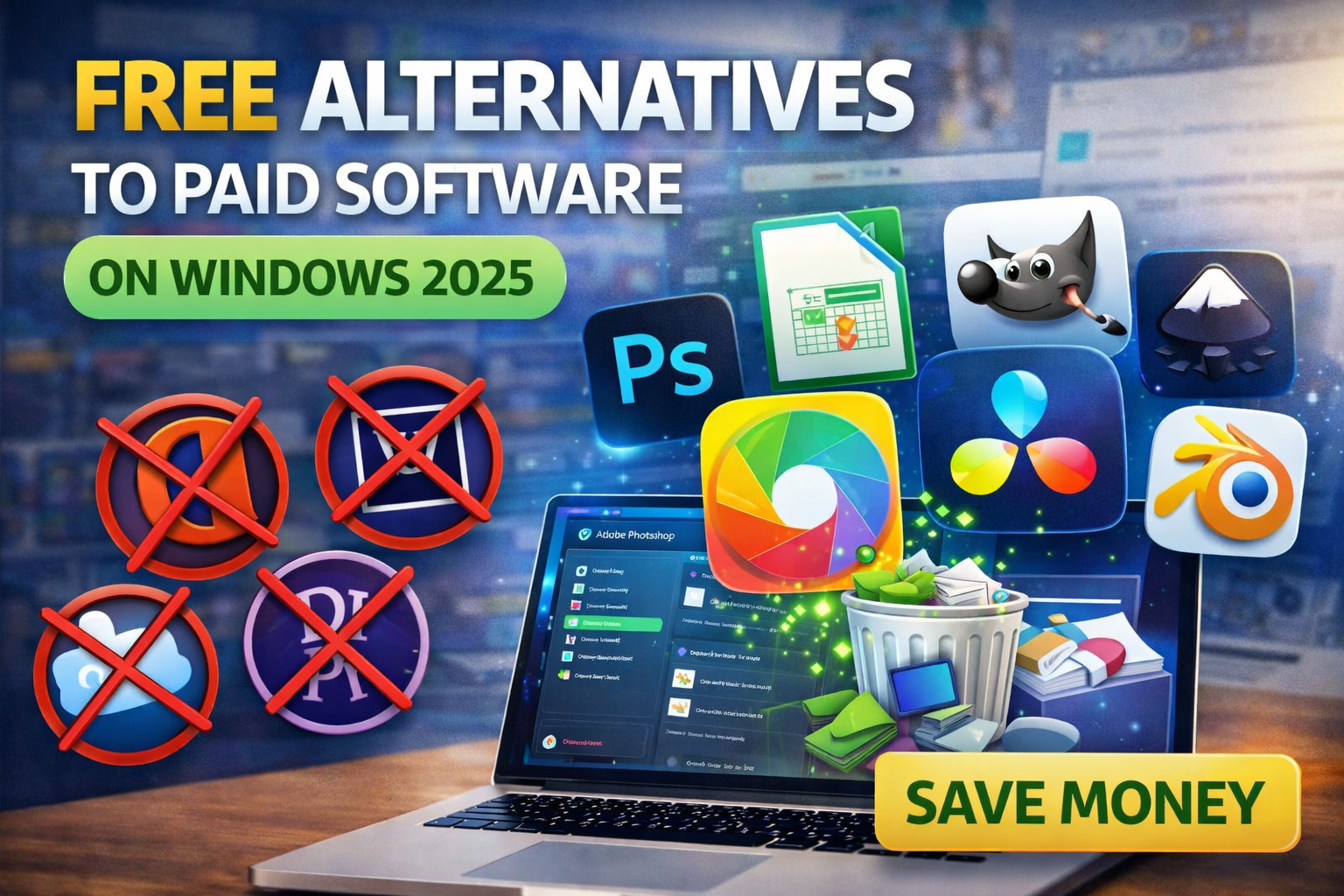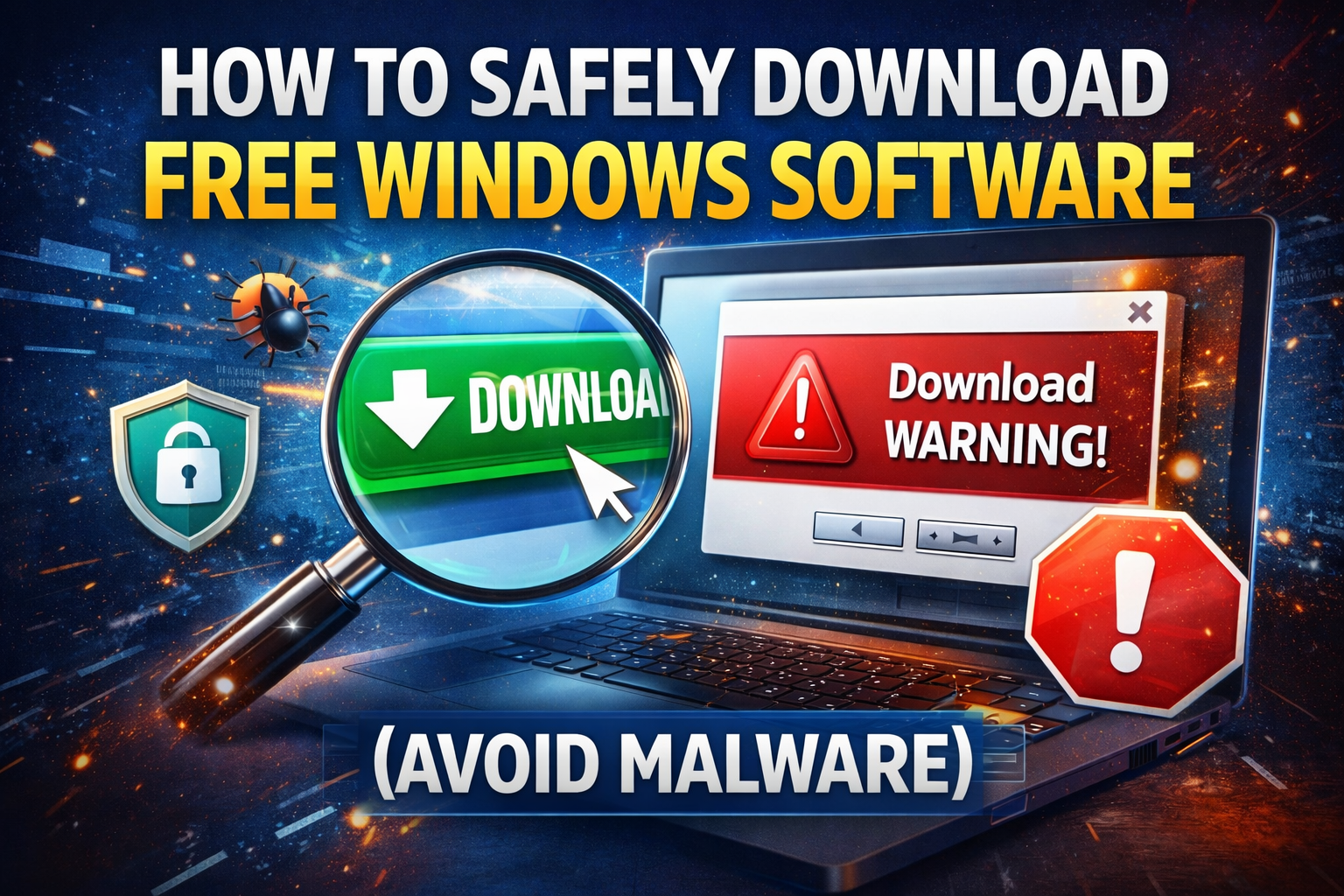

Additional Information
The First Big Update for Microsoft's Windows 7 Operating System
| Latest Version | Windows 7 Service Pack 1 |
| Requirements |
Windows XP/Vista/Windows 7 |
| Updated | June 25, 2023 |
| Author | Microsoft Corporation |
| Category | Desktop Enhancements |
| License | Freeware |
| Language | English |
| Download | 140 |
Overview
Note: Support for Windows 7 ended on January 14, 2020. We recommend you move to a Windows 11 to continue to receive security updates from Microsoft.
Some of the core new features that were introduced with Windows 7 SP 1 are the support for Advanced Vector Extensions (AVX) 256-bit instruction set for CPU processors that are needed for highly scientific and complicated calculations in professional apps, a new disk storage format aimed at higher security, as well as Identity Federation Services for better protection of user’s personal identification data in online sessions.
One of the most widely used add-ons of SP1 was its virtualization improvements that came in the form of Dynamic Memory and RemoteFX services. Dynamic Memory enabled users to finally create virtual machines on their PC without sacrificing memory performance or security (by preventing VR users to gain access to data from outside of their sandboxed instance), while RemoteFX introduced a stable, reliable, and fast way for Windows 7 to virtualize the GPU and offer its clients 3D user experience rich media inside a virtualized desktop environment.
Installation method
Windows update
- x86-based (32-bit): about 750 MB
- x64-based (64-bit): about 1050 MB
Downloading SP1 from the Microsoft website
- x86-based (32-bit): about 4100 MB
- x64-based (64-bit): about 7400 MB
In addition to a wide array of new security, stability, and performance additions, Windows 7 Service Pack 1 also fixed many of the issues found in the original version of this Windows OS, with the most notable ones being the elimination of audio issues on HDMI audio devices, some printing errors using the XPS Viewer app, and correctly folder manipulation issues created by Windows Explorer in certain situations. Many of the addons provided by Win7 SP1 were invisible to the user and affected underlying layers of OS functionality.
Windows 7 Service Pack 1 was distributed for free to end-users via Windows Update, direct online installer download, or by ordering Windows 7 SP1 DVD. The entire update was easier to deliver to users because it was quite small in size when compared to previous Windows OS updates released by Microsoft and because it included many new functionalities that were viewed as highly desirable by the majority of the Windows 7 userbase.










No comments yet. Be the first to comment!